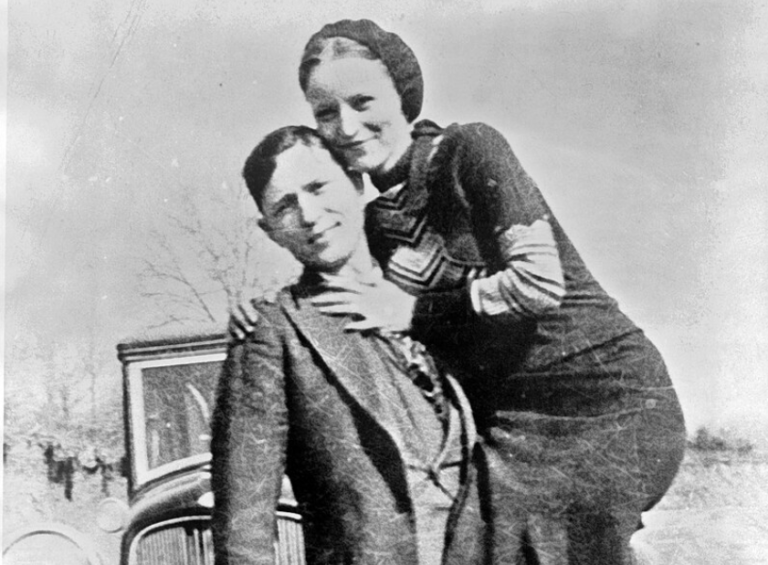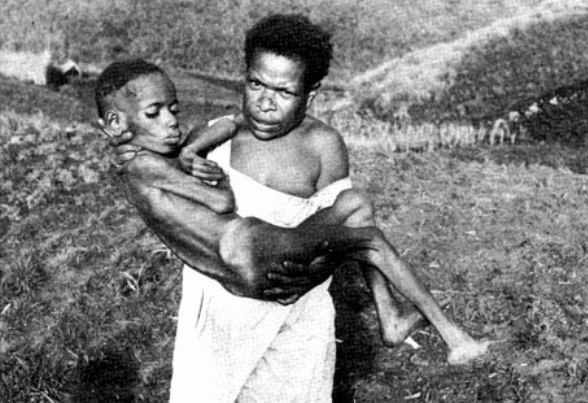Explore the tragic story of Zila Huma Usman, a courageous politician whose murder highlights the struggle for women’s rights in Pakistan.
“Don’t feel like reading? Immerse yourself in the chilling tale through our audiobook version of this blog—just hit play and let the story unfold!” 👇👇👇
Introduction (Zila Huma Usman murder case)
Discussing women’s rights and social upliftment in Pakistan has always been challenging. The task becomes even more difficult when a female politician challenges conservative and extremist mentalities. A notable case is the murder of Zila Huma Usman in 2007. Maulana Ghulam Sarwar, a radical with distorted beliefs about women, was behind this crime. This story goes beyond murder, exposing a mindset that opposes women’s equality in society.
Zila Huma Usman: An Inspirational Woman
Zila Huma Usman was a progressive-minded woman who served as the Social Welfare Minister of Punjab province in Pakistan. She won her seat with a significant majority in the 2002 assembly elections due to her progressive ideology. Not only was she a successful politician, but she was also an advocate for women’s rights. She took several significant steps toward women’s empowerment, allowing them to carve out a strong identity in society. Her efforts not only provided women with opportunities for advancement but also stood up against conservative societal norms.
Ghulam Sarwar: A Representation of Extremist Mentality
Ghulam Sarwar was born in 1967 in Gujranwala, Pakistan, into a conservative, deeply religious family with strict restrictions on women. From a young age, his outlook on women was negative. Strict adherence to Islamic laws and social norms further radicalized his mindset. Ghulam studied Islamic law in a madrasa and later became a cleric, gaining local popularity for his sermons and ideology.
Ghulam’s beliefs were extreme. He showed no respect for women who didn’t wear a hijab or share his religious views. Gradually, this extremism transformed into a dangerous obsession.
Previous Murders
Ghulam Sarwar was not just a victim of religious extremism but also exhibited violent tendencies. He was arrested in 2003 for the murder of three alleged call girls. He believed that killing these women was a favor to society, as he viewed them as spreading immorality. His crimes went beyond these murders; he also attacked several other women, leaving many permanently disabled. However, cases against him were buried due to the prevailing conservative mindset in society.
The Murder of Zila Huma Usman: A Premeditated Conspiracy
February 20, 2007, marked a dark chapter in Pakistan’s history. Zila Huma Usman was sharing her political views at a gathering when Ghulam Sarwar arrived and attacked her without warning. Following the attack, Huma succumbed to her injuries. This open assault on a female politician was a significant shock to society. In a country where women’s rights are already under scrutiny, such an attack raises serious concerns.
Ghulam Sarwar’s Anti-Women Stance

Ghulam Sarwar believed that women belonged only in the household. He thought their role was to manage family matters. Zila Huma Usman challenged this view. She participated in politics and advocated for women’s rights, directly opposing Sarwar’s extremist beliefs. This is why he targeted her with his hatred. Sarwar’s view was that if women were active in public life, they were violating Islamic laws and deserved punishment.
Acquittal Despite Crimes: A Judicial System Failure
Ghulam Sarwar already faced several serious criminal charges, with multiple witnesses against him in murder cases. His religious and social influence was so strong that witnesses changed their testimonies. Even the victims’ families withdrew their cases.. This points to a segment of society that still supports extremism and religious fanaticism, obstructing the justice process.
Ghulam was acquitted within a year, marking a significant failure of the justice system. During the court hearings, a psychiatrist claimed that Ghulam Sarwar was mentally ill. He suggested that Sarwar should be placed in a psychiatric ward, but these recommendations were ignored.
Questions on Society and Law
This case is not limited to the murder of a single woman. It raised profound questions about Pakistani society and its judicial system. An offender, who had taken multiple lives due to his abhorrent views on women, was roaming free. This made it evident that in a society like Pakistan, laws alone are insufficient to prevent crimes against women. There is a pressing need for a change in societal mindset so that women can live safely and with dignity.
Conclusion
The murder of Zila Huma Usman was a tragic event that highlighted the failures of Pakistan’s judicial system. It also exposed the deep-seated hatred against women in society. This incident reminds us that until society fosters respect and equality for women, such crimes will continue to occur.









